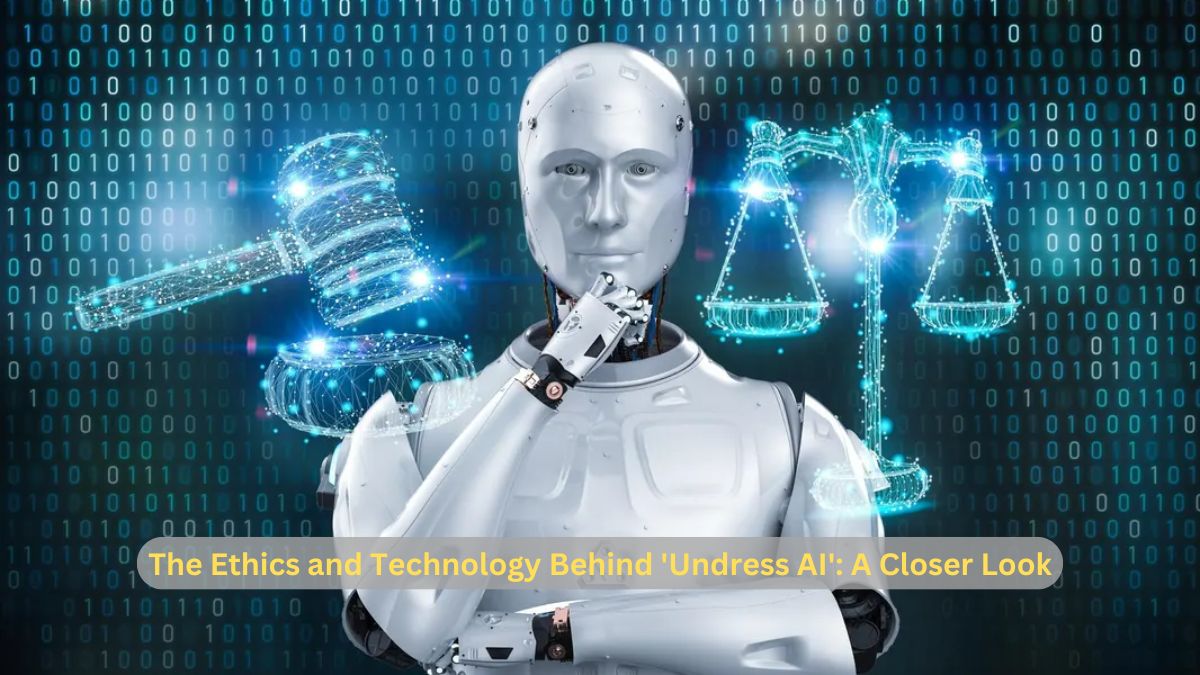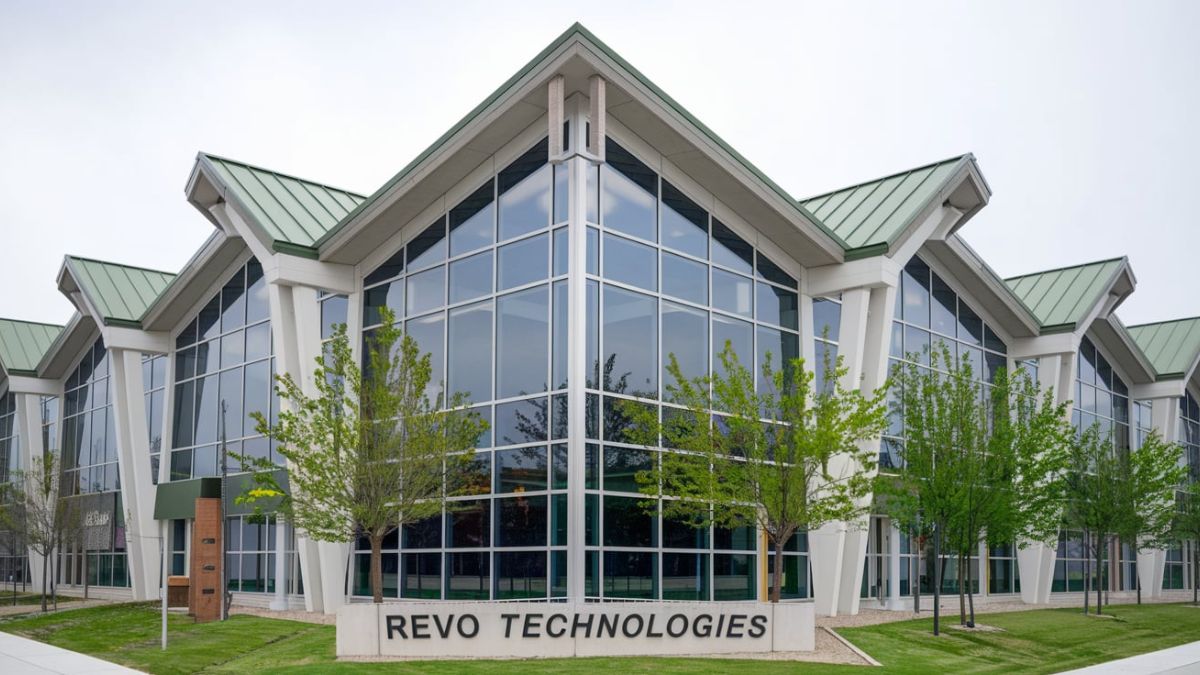Here we have new entertainment for every person: welcome to the new period of technologies! On the verge of the breakthrough that seems to redefine interactions with machines, “Future Tech Computers” is ready to introduce you to a whole new world of possibilities that lie in technologies in front of our eyes. Imagine computers that self-learn and self-evolve in real time, quantum processing units that deliver calculations beyond what can be thought off and interfaces that are almost like our nerves. In this blog post, we will meet trail blazers who are showing us how to get to the future in which computing itself is revolutionary and not just … smarter. Hold on tight as we take you on a journey today through ground-breaking innovations that promise to revolutionalise sectors, enrich daily experience, and inspire you with what you can expect in the world of technology tomorrow!
Introduction to Future Tech Computers and the Next Computing Revolution
Technology is rapidly shifting in the modern world, and to be precise about this revolution one branch of the tech world is future tech computers. These pioneering devices are most probably set to revolutionize the way in which information is processed, problems are solved, and, in fact, the essence of what it is to be intelligent. With the next generation of computing around the corner, it’s fundamentally important to consider, what comes next?
From the AI changing industries to quantum computing expanding frontiers of possibility, the future tech computers are not just a feature in a movie; they are being built for real use in today’s world. The possibilities that it may open appear virtually endless and span across such spheres as medicine, media etcetera. So then what can one expect? So let us take a step by step dive into the evolution of time and technology in order to discover how far we have come and where are we going.
History of Computing: How Far We’ve Come
The journey of computing is a fascinating tale of innovation. It began in the early 19th century with Charles Babbage’s mechanical calculator, which laid the groundwork for future devices.
Fast forward to the mid-20th century, when vacuum tubes gave way to transistors. This shift made computers smaller and more efficient, opening doors for commercial use.
As we entered the digital age, personal computers became commonplace. The introduction of Microsoft Windows transformed user experience and accessibility.
In recent years, mobile technology exploded onto the scene. Smartphones now serve as powerful mini-computers that fit in our pockets.
Today, humanity is stepping forward to future full of tremendous technological progress. From cloud computing to edge devices, every step that occurs takes us to the world of convergence where everything appears possible.
The Rise of Artificial Intelligence and Machine Learning in Computing
Artificial Intelligence or AI and Machine Learning or ML have made a big change in the era of computing. These technologies are no more buzzwords that technology marketers used to name their particular inventions; rather, they have become part of how a human interfaces with devices on a daily basis.
The power of AI is the ability of the computers to analyze large volumes of data and provide patterns that a human might not detect. This makes it the most common and valuable tool in today’s world of development ranging from the medical field to the financial sector.
Machine Learning extends this to the adaptation of learnt aspects with the aid of experience that has been gained. She explained that when algorithms are applied they develop with time and change in what they do as they analyze more data.
When implemented by organizations, such applications are changing the dynamics of operations through the likes of analytics and customer relations. The impact that it has on future tech computers is rather deep.
Integrating artificial intelligence into utilization of computers is helping to design better applications which transform user experiences. AI and ML are integral to most of today’s applications ranging from virtual assistants to intelligent search engines and are a turning point in modern technological advancement.
Quantum Computing: The Next Frontier for Future Tech Computers
Quantum computing represents a radical shift in how we process information. Unlike traditional computers that use bits, quantum computers utilize qubits. These qubits can exist in multiple states simultaneously, allowing for unparalleled computational power.
With this capability, future tech computers may solve complex problems much faster than current technology allows. Areas such as cryptography and drug discovery could see groundbreaking advancements.
The principles of superposition and entanglement enable quantum systems to tackle tasks deemed impossible today. Researchers are racing to harness these properties effectively.
Global companies are willing to go all out in their pursuit of quantum capabilities as they seek to reap the priceless benefits. With these advancements in progress towards applicability the dynamics of computing will shift irreversibly establishing new frontiers for advancement and discovery. These innovations have been received with much enthusiasm and positive reception by scientists and technologists.
Advancements in Virtual and Augmented Reality Technology
With time, virtual and augmented reality technology is slowly changing the manner in which human beings engage with content. Advancements in VR and AR are developing sophisticated realities making it easy to depict what was in the fictitious world.
Where we used to find heavy headsets which were not very comfortable to wear and very expensive, we now find the reverse. It has expanded opportunities for different sectors apart from the gaming sector such as education, healthcare and real estate sectors. Think about the advantages of getting acquainted with anatomy by means of a 3D model or studying properties of certain materials from your home.
The integration of AI enhances these environments further. Intelligent algorithms can adapt scenarios based on user behavior, making simulations feel even more realistic.
Moreover, advancements in haptic feedback enable users to feel textures and sensations within virtual spaces. This tactile experience deepens engagement and can revolutionize training programs for professionals in fields like aviation or surgery.
With continuous improvements on the horizon, the potential applications seem limitless as future tech computers drive this exciting evolution forward.
Ethical Considerations in the Development of Future Tech Computers
When it comes to future tech computers that are being conceptualized and developed, ethical issues are therefore very crucial. Computing technology which has increasingly undergone evolution brings in question issues of privacy and security on data.
As the AI systems can process large amounts of personal data, the consent of the user must be received. There is no doubt that businesses have to be very clear on how they obtain and use this information.
Moreover, there’s the risk of bias in algorithms. If not carefully monitored, these biases can perpetuate discrimination across various sectors.
Another key concern is the environmental impact. As computing power increases, so does energy consumption. Sustainable practices should be at the forefront to minimize ecological footprints.
Finally, we must address job displacement caused by automation. Balancing technological advancement with socioeconomic stability will require thoughtful policies and community engagement to ensure a fair transition for all stakeholders involved.
Impact of Future Tech Computers on Society and Industries
Future tech computers are set to transform various aspects of society and industries in unprecedented ways. As they become more integrated into daily life, we can expect enhanced productivity across sectors. Businesses will harness their power for data analysis, leading to smarter decision-making.
Healthcare is another area poised for significant change. Advanced computing capabilities allow for improved diagnostics and personalized treatment plans. This means better patient outcomes and streamlined processes.
Education will also benefit from these innovations. Future tech computers enable immersive learning experiences through virtual classrooms and interactive tools, making education more accessible than ever before.
Furthermore, automation driven by advanced computing technology could reshape job markets globally. While this presents challenges regarding employment, it also opens doors for new roles focused on managing and maintaining these sophisticated systems. The evolution of future tech computers promises a dynamic shift that affects everyone in profound ways.
Challenges and Limitations of Future Tech Computers
Future tech computers are expected to bring plenty of exciting innovations, however, major difficulties are still ahead. The problem is that the application of high-tech solutions can be very expensive – both in the process of their creation and further usage. It can become challenging to mobilise funds for sustaining the research as well as the necessary facilities.
Scalability is also a big issue on estates because under the current structure, additions and increases in the number of individuals served can be very complex to implement. As new complex systems evolve it becomes very challenging to incorporate them into the existing structures. Companies sometimes deal with compatibility barriers that in one way or the other limit progress.
Data privacy and security remain as critical issues also. Since computers will be having better computing capabilities in the future, securing the information will be a very big issue. Intrusions could have stringent implications on enterprises and persons in general.
Finally, application of policies is a challenge in ethics and intelligent automated and algorithm based decisions. Trying to make the use of these technologies fair for everyone poses challenge to the developers and the users.
Conclusion
As it has earlier been established, the future of tech computers is very promising. Hence, as the worlds continues to prepare for the new revolution in computing, the possibilities appear virtually limitless. Due to the increase in artificial intelligence and machine learning, our personal devices are getting intelligent and smart.
Quantum computing is already positioning to change what is doable by solving problems at a speed that has never been Possible. At the same time, concepts of the virtual realities and augmented realities are interwining digital and real worlds providing unique and astounding experiences.
But, while incorporating these technologies into our practice, ethical concerns cannot be set aside. It is therefore important to unpack technological ramifications with the appropriate measure in order to facilitate equal access to technology.
Consequently, the effect it produces on the society will be massive. Almost every field will transform with these emerging technologies as part of changing how people engage with information daily from healthcare to gaming industries.
Yet challenges remain. The dynamics of quantum systems or the privacy of users in an artificial intelligence environment challenges present difficulties that need to be solved.
Let us proceed into this new age of innovation and take cue from future tech computers; for it can be said that we are yet to see the possibilities of what technology can do in shaping the world that we live in. This journey Jur is waiting for is full of troubles and excitement at the same time as it will help him improve.
Read more on World Tech News


